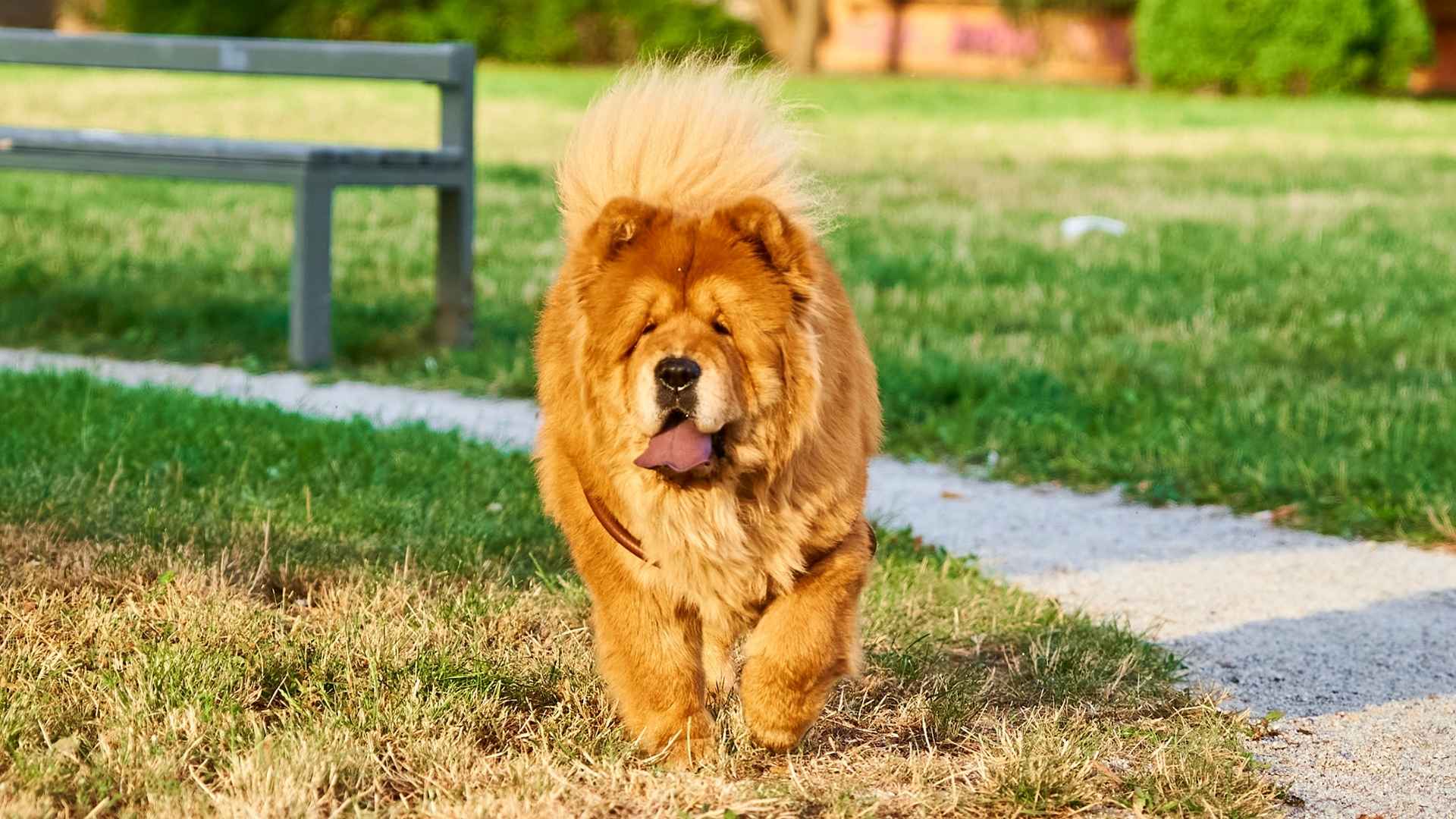You love your dog, but your life demands your attention elsewhere. Long meetings stretch into overtime. Errands pile up unexpectedly. That familiar guilt creeps in as you imagine your furry friend pacing anxiously by the door.
But here’s something that might surprise you: certain dog breeds stay content playing alone, and actually handle solo time with remarkable composure. These independent dog breeds don’t crumble when you leave home; they adapt, rest, and find ways to entertain themselves.
Independence comes naturally to some dogs. These independent dog breeds are not like those shadow-following breeds that fall into separation anxiety the moment you pick up your keys; they have an inner peace that allows them to handle alone time without panic. They will not waste hours crying at the door or destroying things because they are frustrated.
Each breed brings its own flavor of independence. Some prefer quiet observation while others engage in solo activities. All require training and mental stimulation, but they won’t unravel during your workday. These dogs tend to admire calm temperament and steady routines.
Dog Breeds That Stay Content Playing Alone
1. Basenji
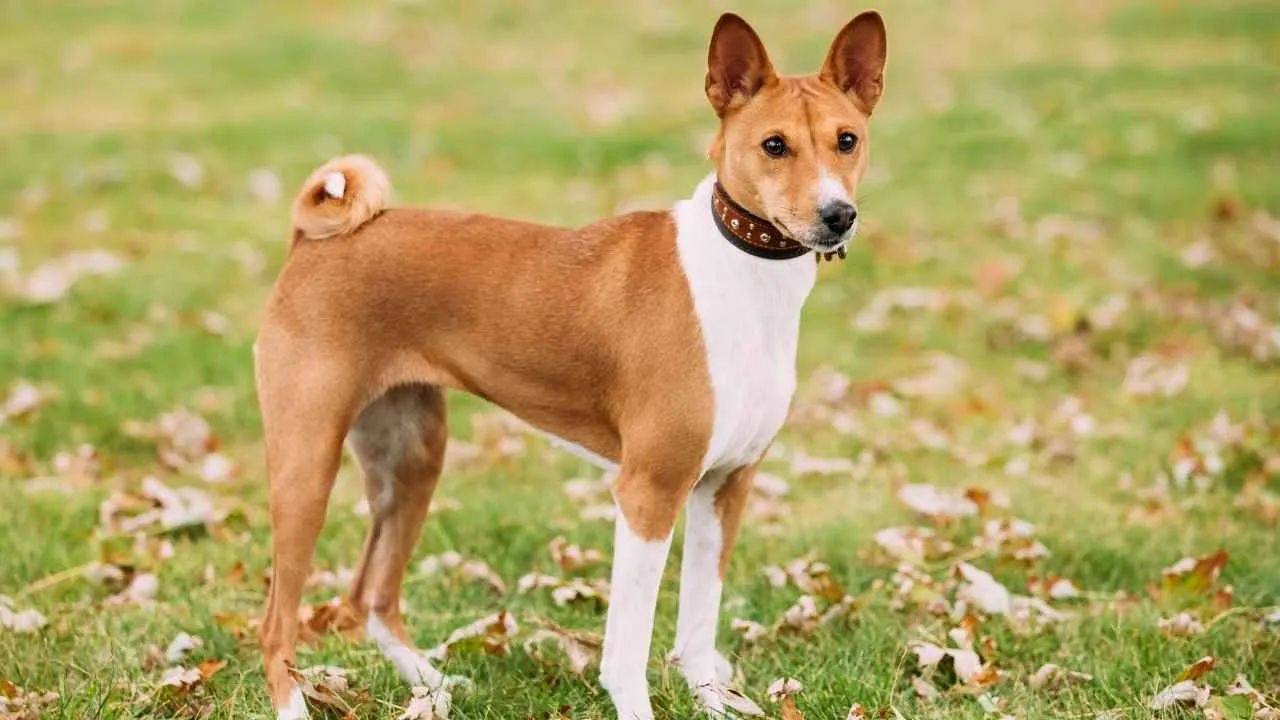
The Basenji embodies feline-like independence wrapped in canine form. As PetMD calls them “barkless dogs,” these independent dogs don’t shadow your every move or whine when doors close between you. They actually seem to appreciate having spaces to themselves.
Their sharp sense keeps them alert without making them anxious, though don’t mistake their calm demeanor for passivity; they’re clever enough to create their own entertainment when bored.
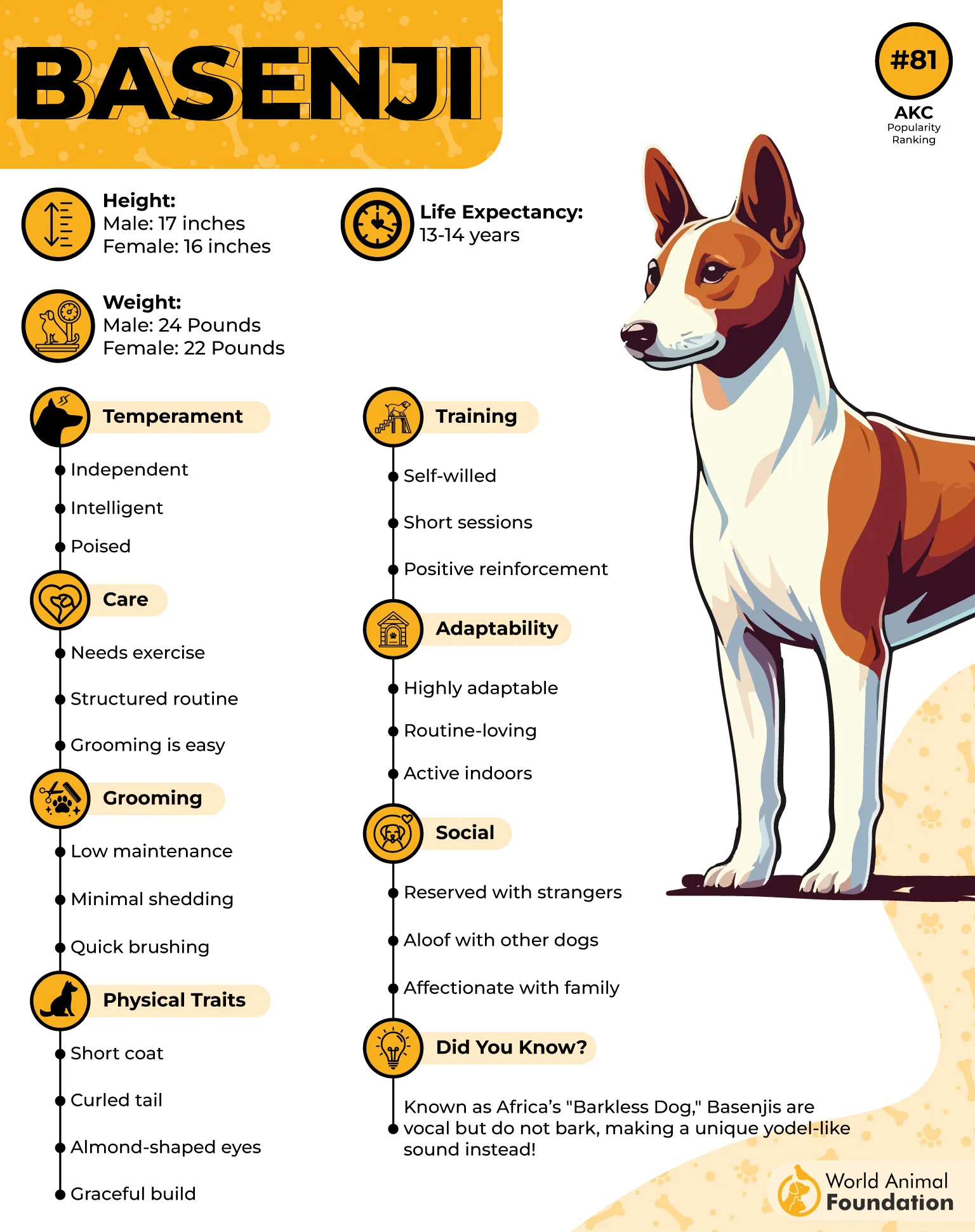
Basenjis traits
Quiet nature with rare barking (they make other interesting sounds instead)
No craving for constant human attention
Require consistent, proper training to prevent mischief
May not suit homes with small pets or kids
You can leave an independent dog like the Basenji alone for a few hours without worry, especially when you provide structure and stimulation. Originally bred in Africa for hunting, their ancient heritage taught them self-reliance that translates beautifully to modern homes where family members need flexibility.
2. Basset Hound
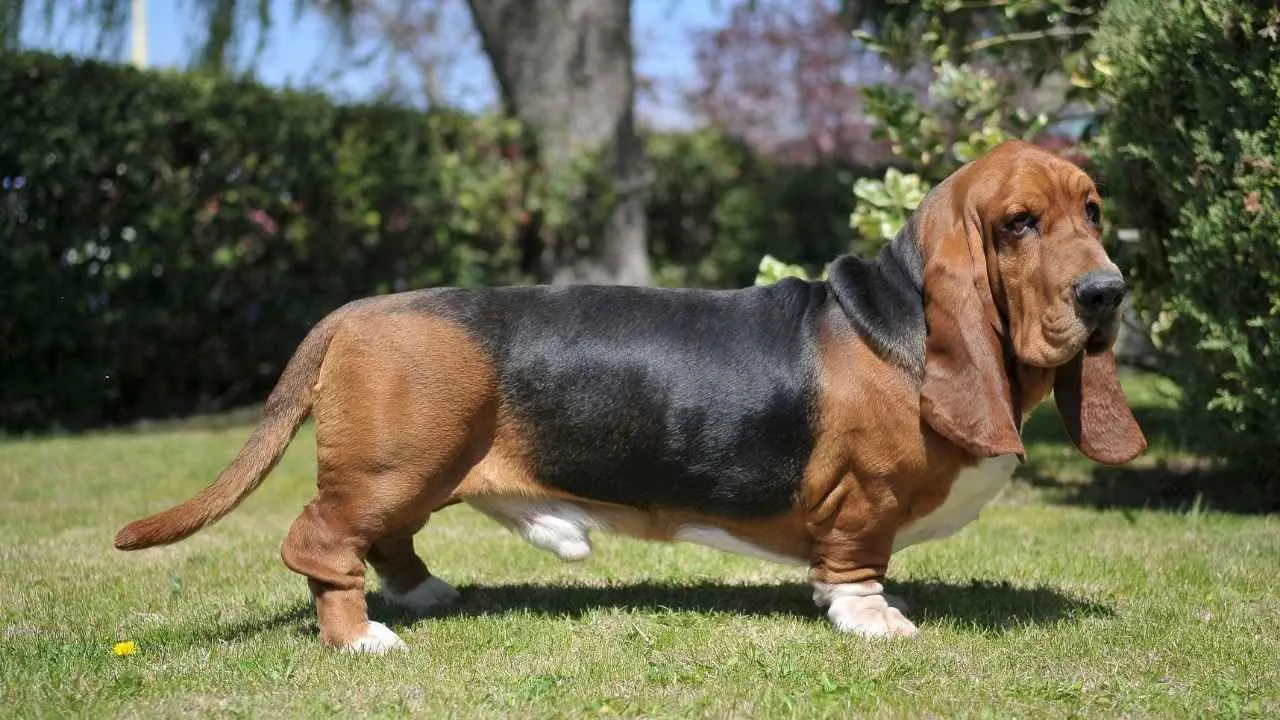
As per the ASPCA, Basset Hounds bring gentle energy to households. These ground-hugging hounds with their soulful eyes become very attached to their families and tend to have one or two favorite people to follow around.
They can tolerate a few hours when you are away quite well, but long-term isolation is not in line with these affectionate dogs.
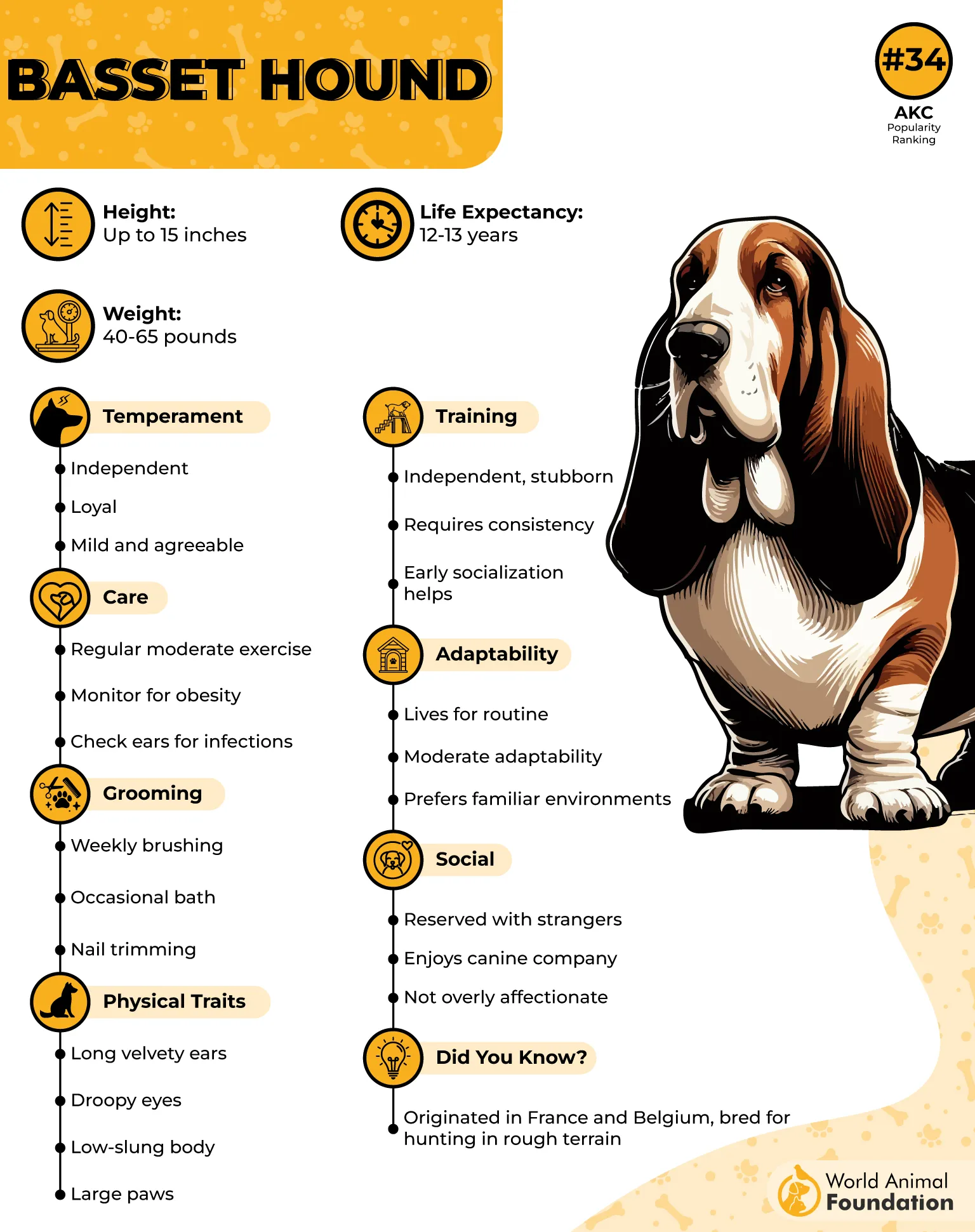
Understanding Basset Hound needs
Prone to separation anxiety if left alone for long days
Benefits from other dogs’ company or background noise
Can be stubborn during training
Needs gentle, regular exercise to maintain a healthy life
Bassets are one of the most sociable options among independent dog breeds. Their slow, sweet nature makes them responsive to thoughtful preparation. Bred for solo hunting, which explains their preference for solitude, these dogs make loyal companions when their energy needs are met.
3. Bullmastiff
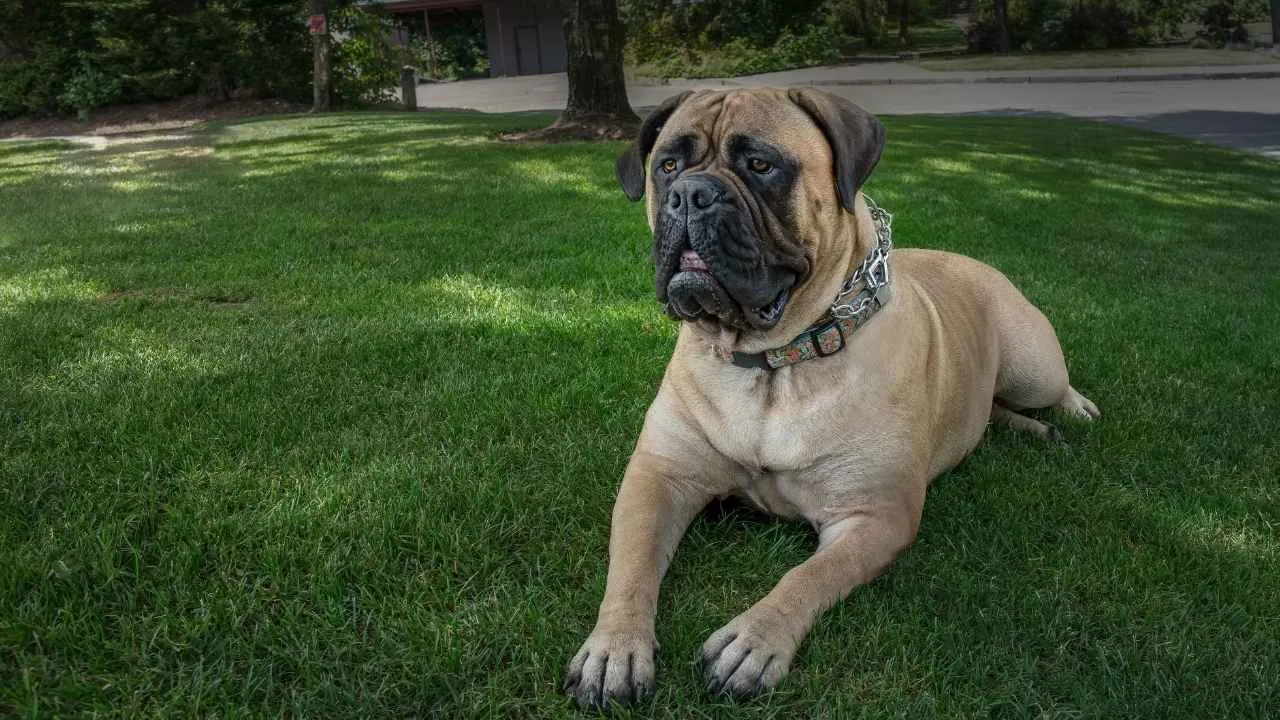
Bullmastiffs carry themselves with quiet dignity that extends to their alone time. According to the American Kennel Club (AKC), Bullmastiffs are docile at home and fearless at work.
These big softies with their bulky physique do not pace about nervously or panic when the house goes quiet; they just find a comfortable place and wait. Their strong family attachments do not turn into clinginess, and they are one of the few large dog breeds that handle solitude with grace.
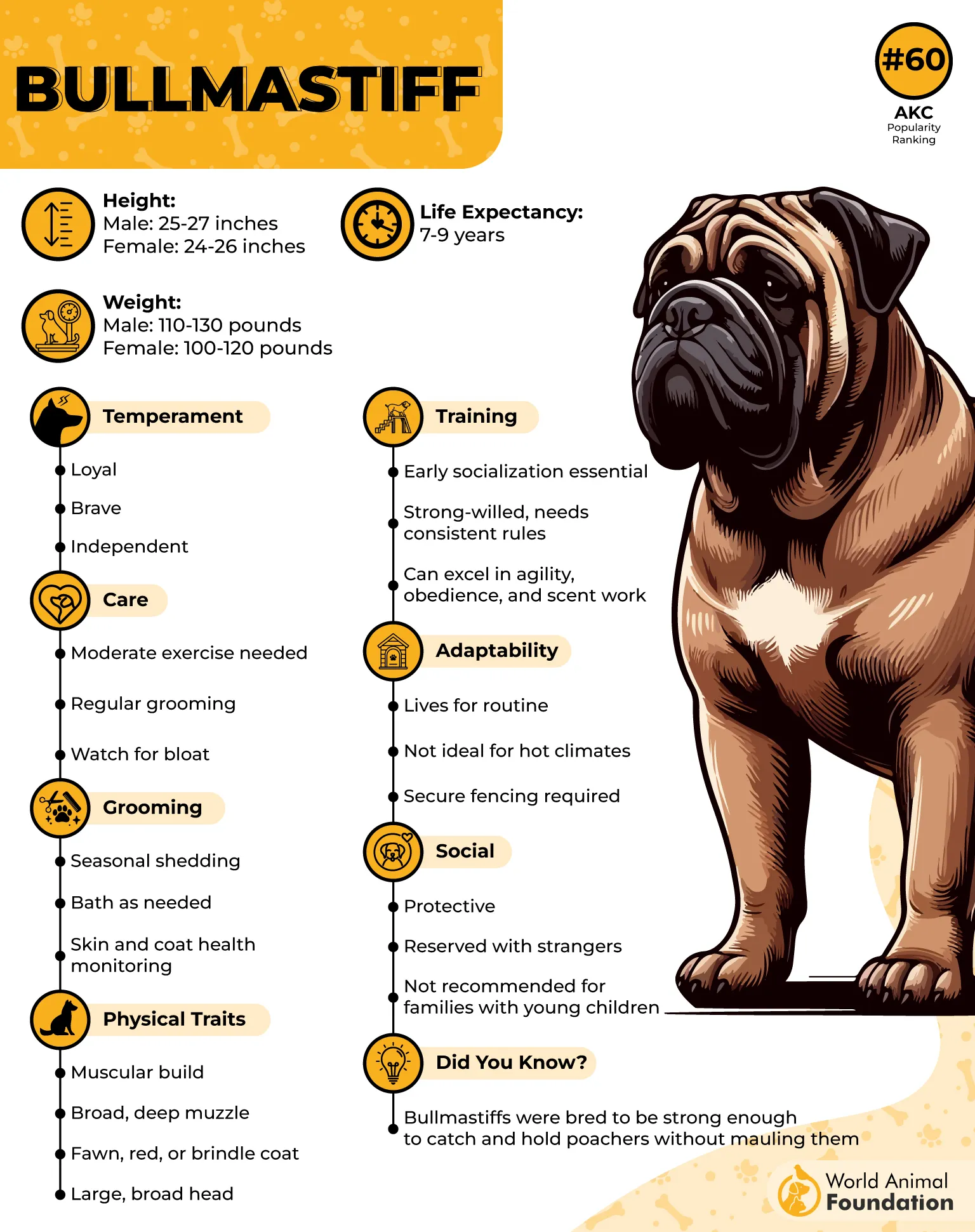
Bullmastiff traits
Calm indoors, especially after light exercise
Naturally protective and alert
Benefits from chew toys or designated resting areas during alone time
Needs adequate space due to their substantial size
A Bullmastiff is an independent dog that does not require your constant attention, but they are observant of everything that is going on around them. They were bred to protect the English estates, and they were taught to be alert but relaxed, which is exactly what modern families need.
4. Greyhound
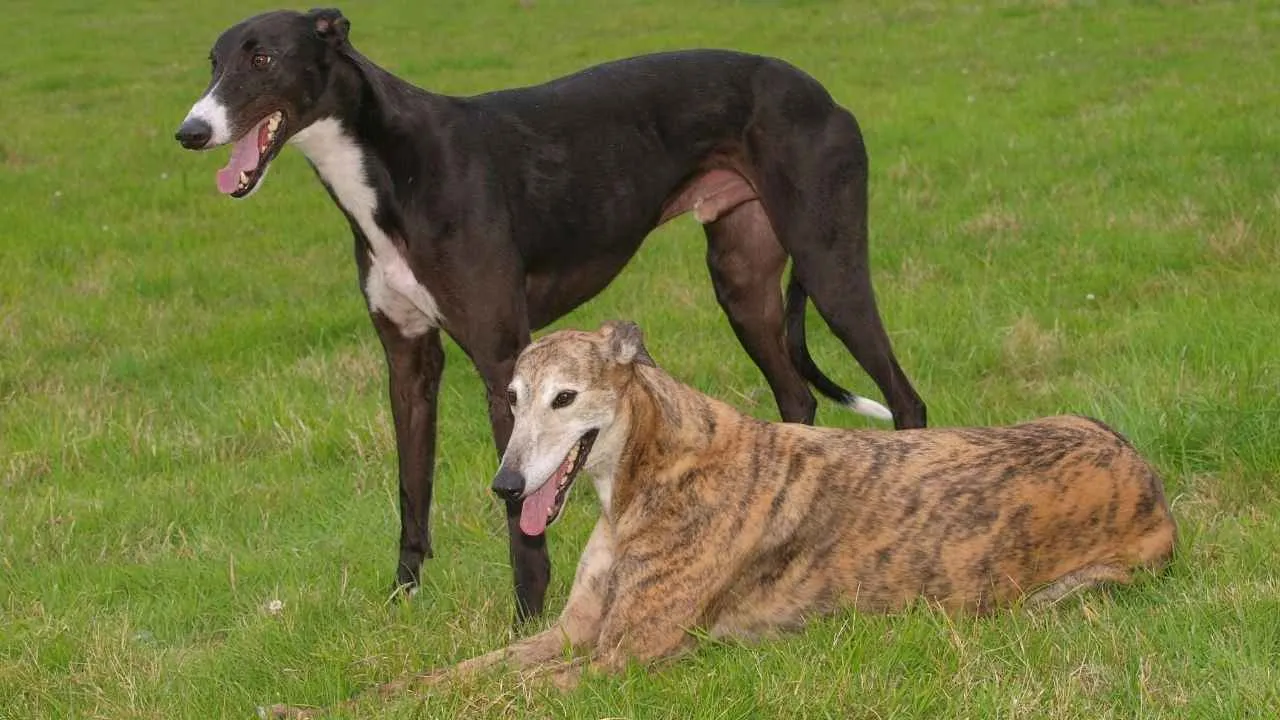
Greyhounds spend a large portion of their day doing what most humans would like to do: sleep soundly on the couch. Although they are athletic in appearance and have a racing background, these dogs are not high-energy machines.
Rather, they are professional nappers and they lie down in a comfortable position, observe the world around them silently, and actually enjoy some quiet time alone.
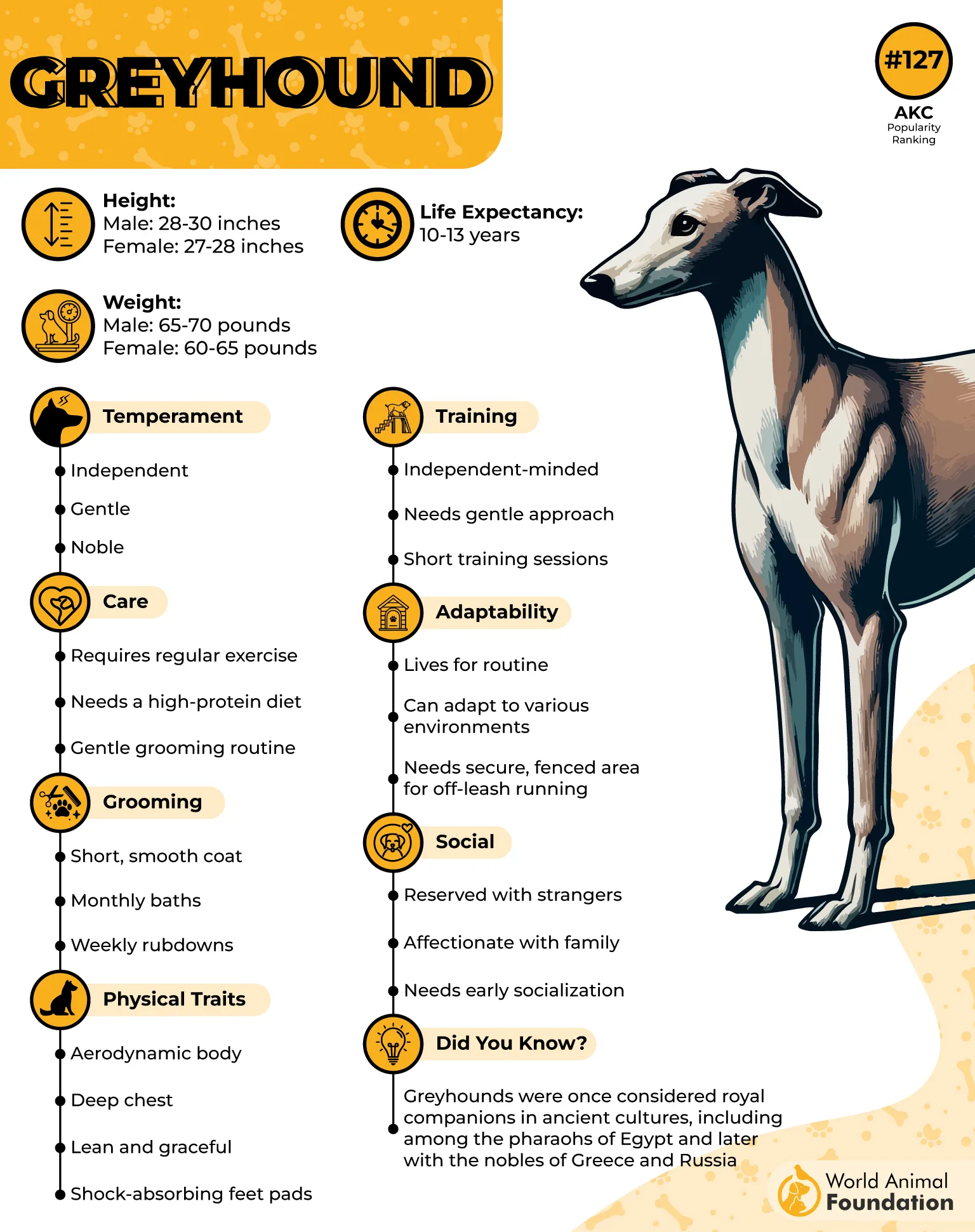
Greyhounds’ characteristics
Need daily walks at the dog park to stay healthy
Rarely bark or display destructive behaviors
Thrive in quiet and cozy corners for rest
May be startled by loud noises or high-energy pets
If you need to run errands or work a full day, Greyhounds won’t stage a protest. They’ll find their favorite spot, settle in, and watch patiently for your return.
Many retired racing Greyhounds adapt to family life with surprising ease, trading the track for the couch without missing a beat. These dog breeds make excellent human companions for those who spend long hours away.
5. Shiba Inu
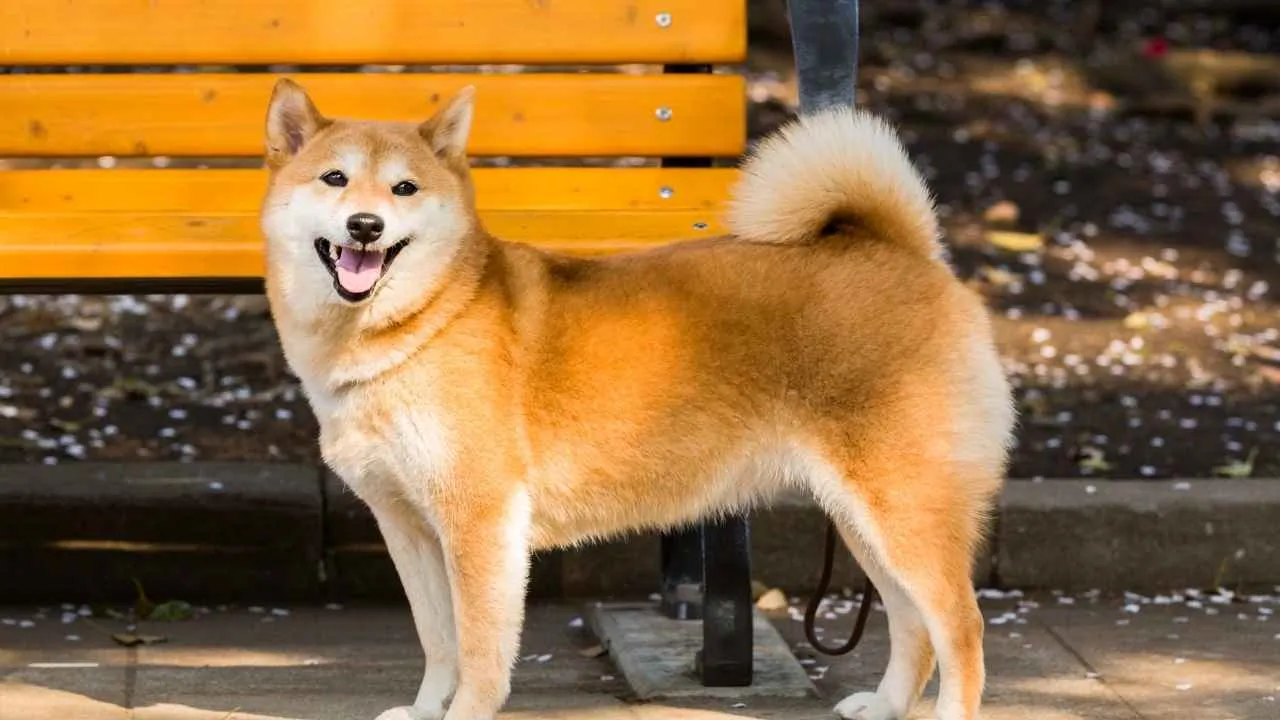
The shiba inu approaches life with an almost regal detachment that extends to their relationships with their family members. These independent dog breeds watch, assess, and then decide whether your presence deserves their attention.
That confident aloofness makes them natural candidates for alone time, though don’t expect eager obedience or constant affection from this independent dog.
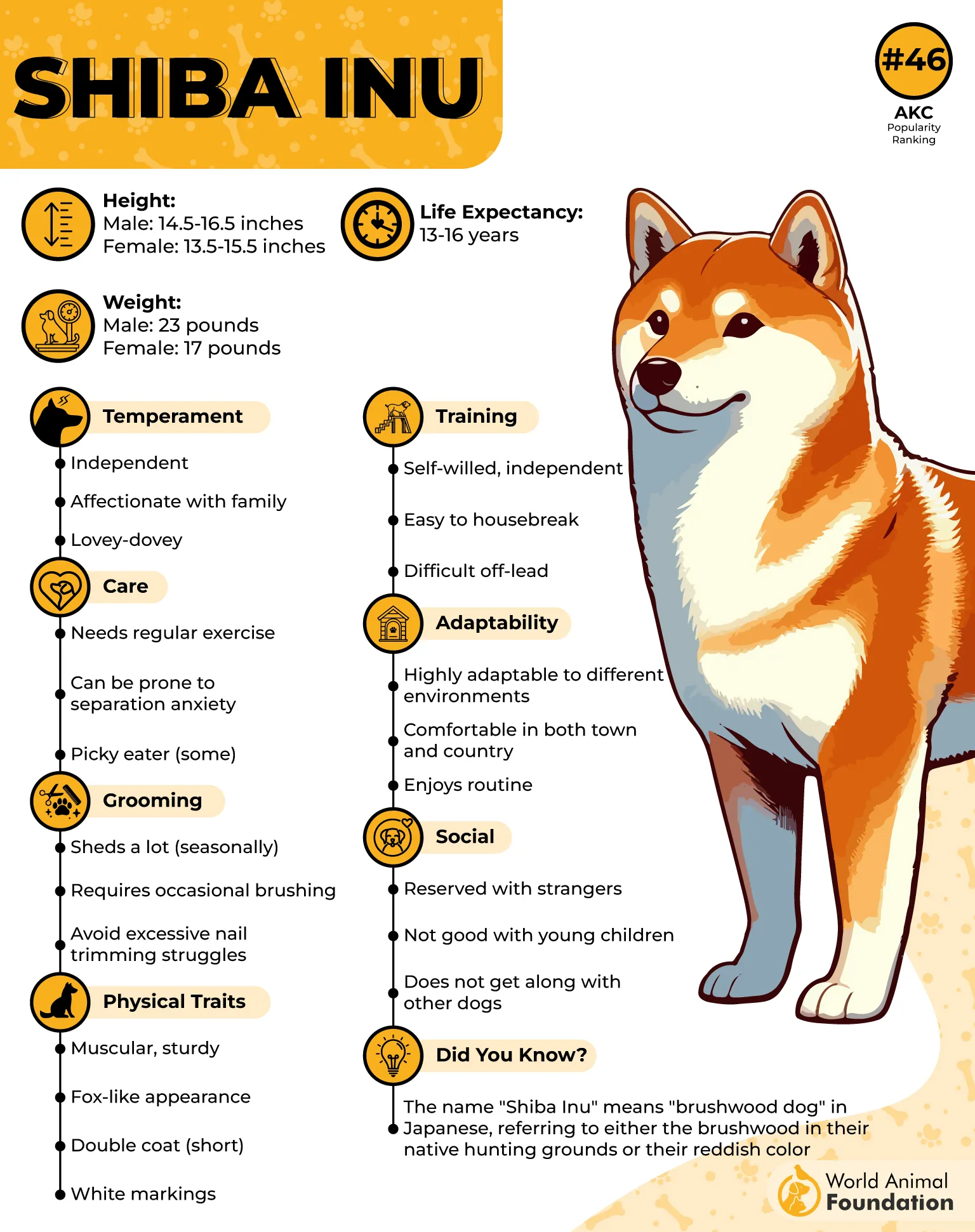
Shiba Inu characteristics
Independent-minded and emotionally self-contained
Low separation anxiety if it gets as much exercise as possible
May be vocal or dramatic when irritated
Can entertain themselves for extended periods
Shiba Inus are a perfect fit for confident owners who appreciate a challenge and respect independence. Their ancient Japanese heritage as hunting companions taught them self-reliance and decision-making skills that modern Shibas retain. These dogs work well when left to their own devices and won’t pine for your return.
6. Chow chow
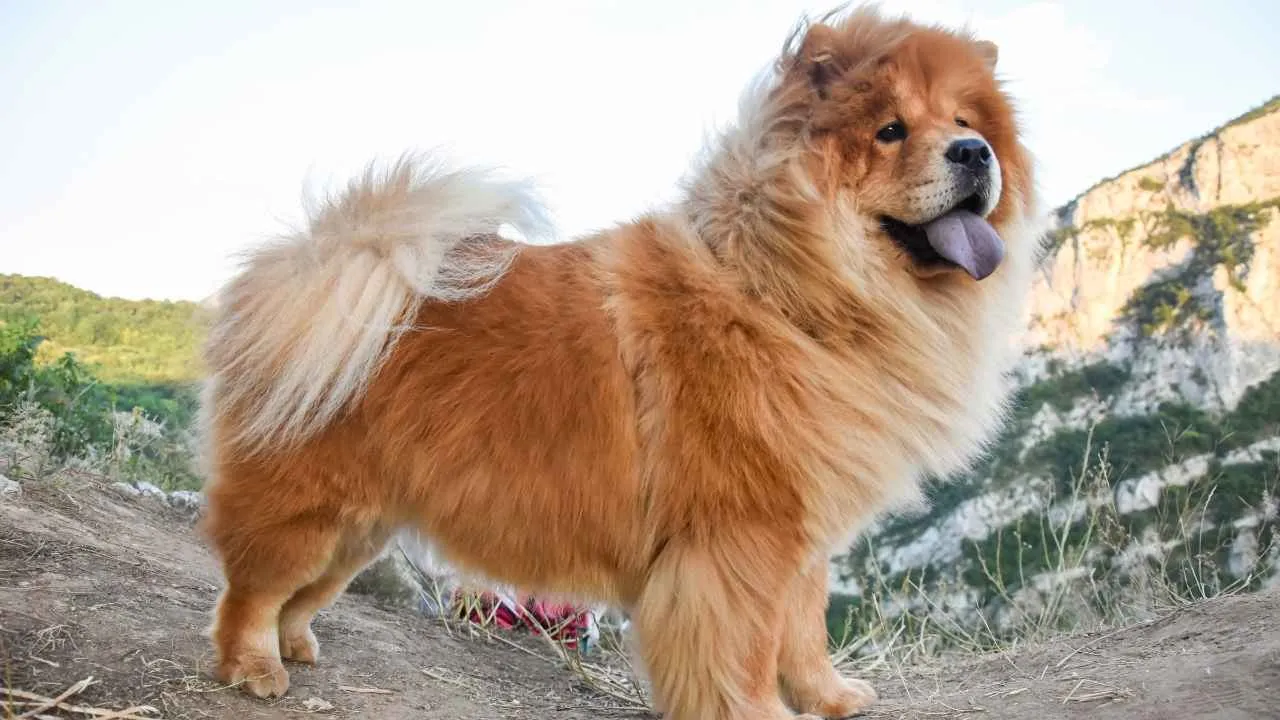
Chow Chows embody emotional reserve wrapped in a fluffly, lion-like package. These independent dog breeds don’t beg for cuddles or demand constant interaction.
Instead, they maintain quiet dignity, often choosing a corner of the house where they can observe without participating. Their heritage from ancient China as temple and home guard dogs instilled calm vigilance that serves modern families well.
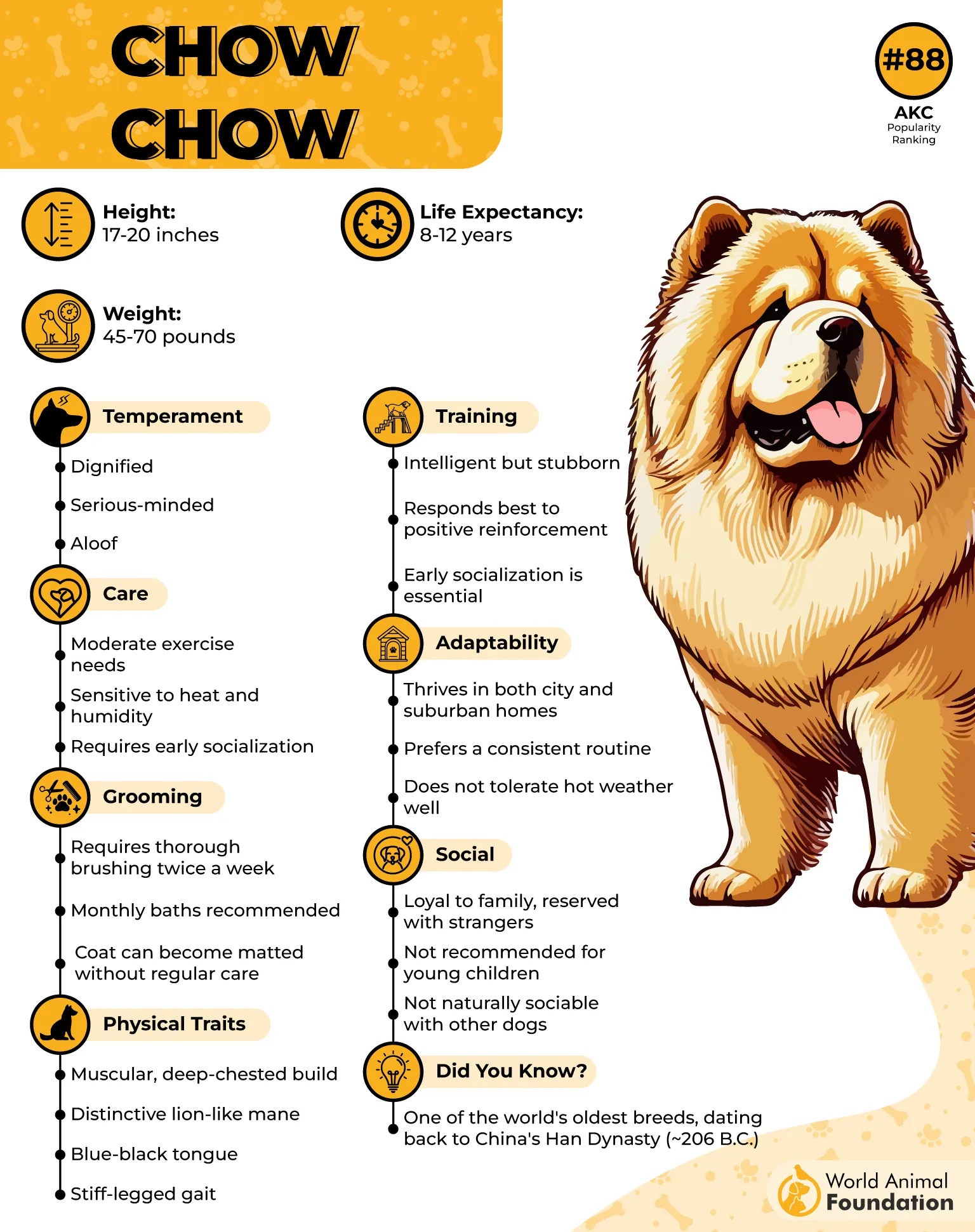
Chow Chow traits
Extremely independent and emotionally reserved, can be left alone for several hours
Not friendly with smaller dogs and other animals
Prone to aloofness (not ideal for highly social homes)
Not suited for small homes with other dogs
If you value peace and live in a quiet home, a Chow might be your perfect match. Chow Chows reflect their northern Chinese origins, where they worked independently in harsh conditions.
This background created a breed that values stability and routine over constant social interactions. These loyal dogs appreciate calm dog homes.
7. Boston Terrier
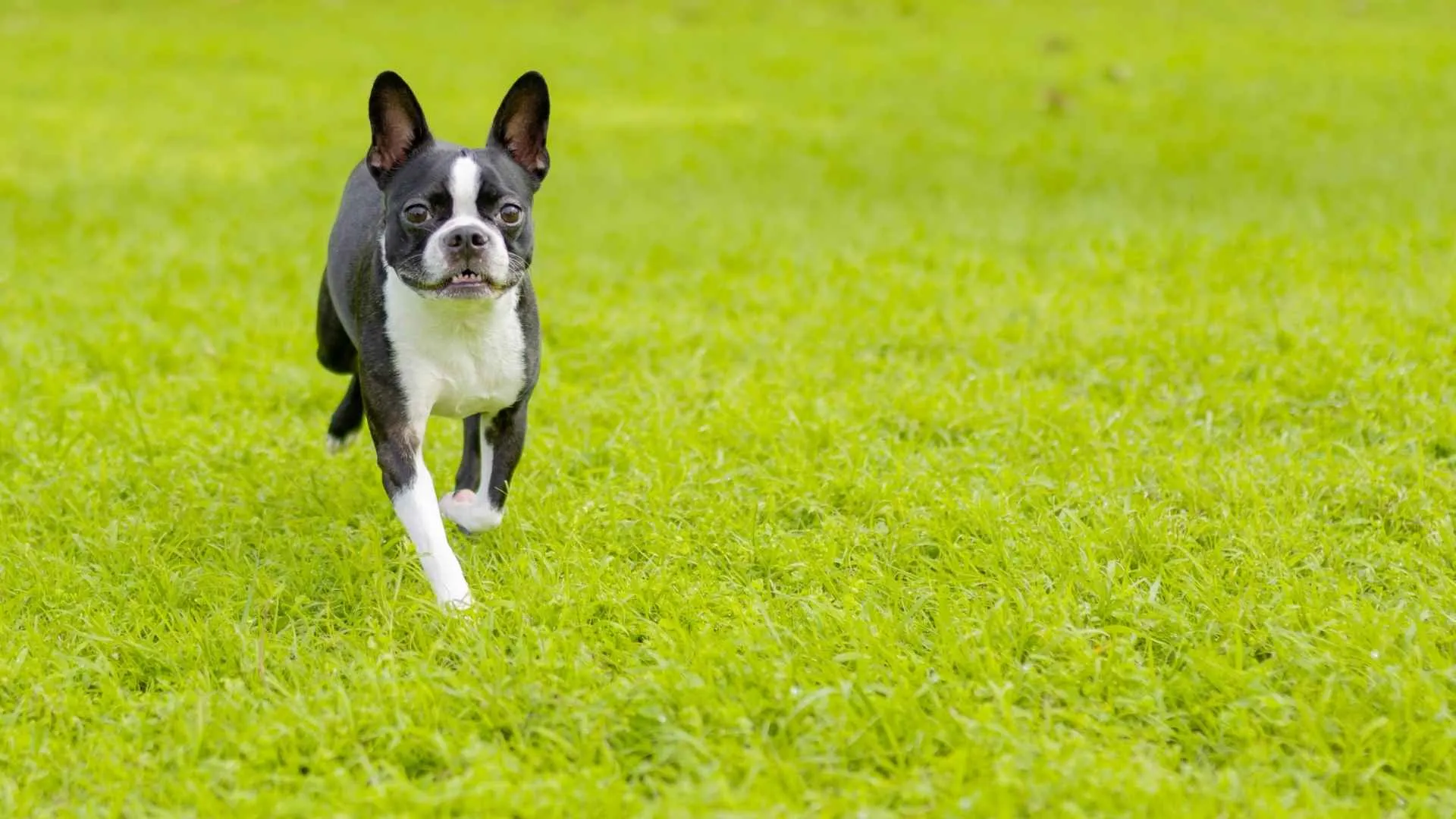
Boston Terriers are not only called the “American Gentleman” because of their tuxedo-like markings, but they are also emotionally intelligent and naturally balanced.
These small-sized dogs are cuddly and love human attention, yet they can also be left alone with toys, music, or just the feeling of being in a place they know well, in their home.
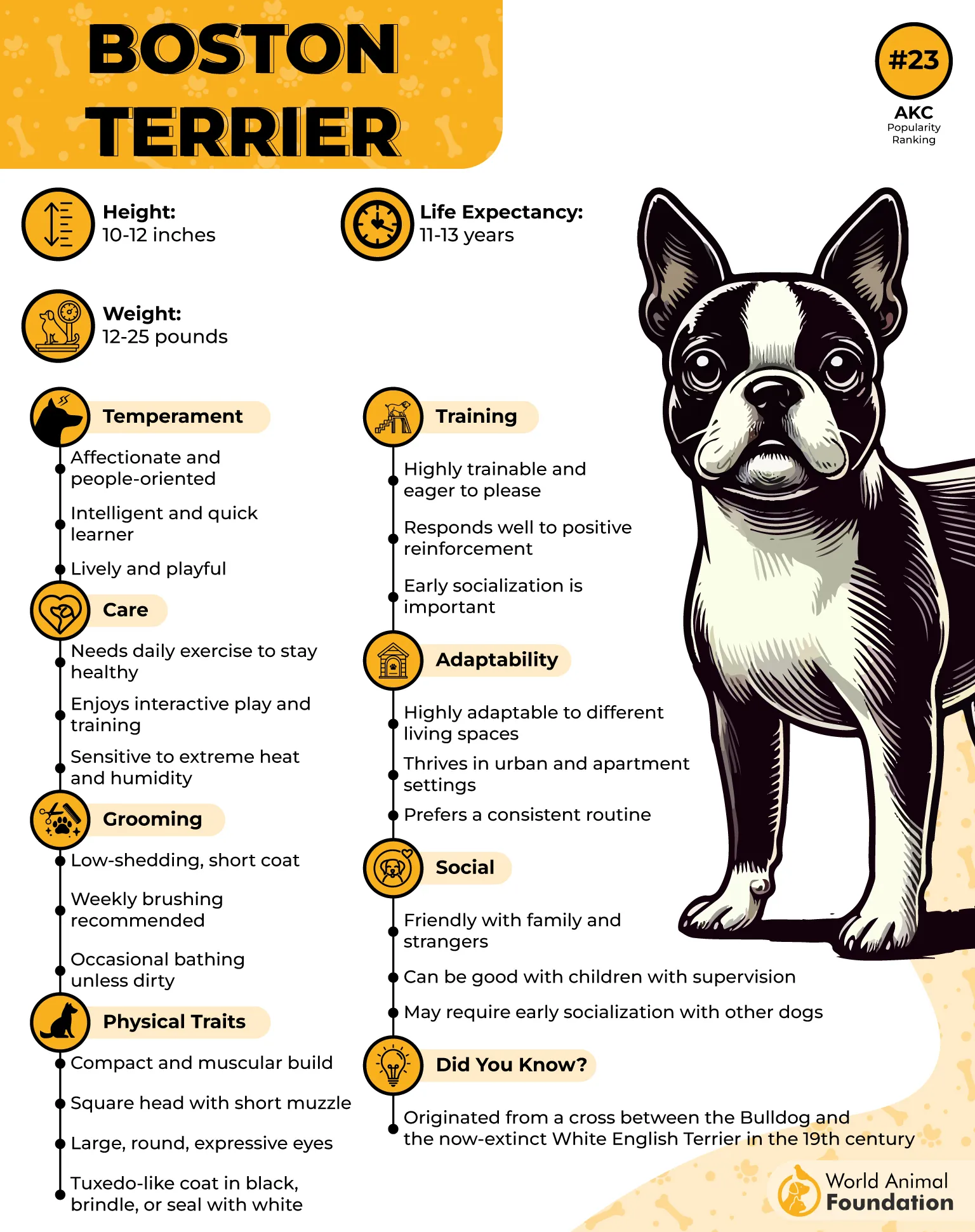
Boston Terrier qualities
Has low energy and needs minimal exercise, with two short walks
Tends to get along with cats, kids, and other pets
Well-suited for small apartments and houses
Like many flat-faced breeds, it suffers from Brachycephalic
These independent dog breeds offer warmth without suffocating clinginess. They’re easy to live with, comfortable being left for a few hours, and genuinely happy when you return. These affectionate dogs balance independence with loyalty perfectly.
Conclusion
When you find yourself choosing between your duty and the need to have a canine friend, you are not being selfish; you are being realistic. The greatest dogs do not require constant attention and flourish under consistent schedules and consideration of their individual personalities.
Whether it is Scottish Terriers or French Bulldogs, these independent dog breeds do not engage in destructive behaviors when left alone. Select dogs with a personality that suits your lifestyle. The real independence is when both you and your pets can flourish, either separately or together.


